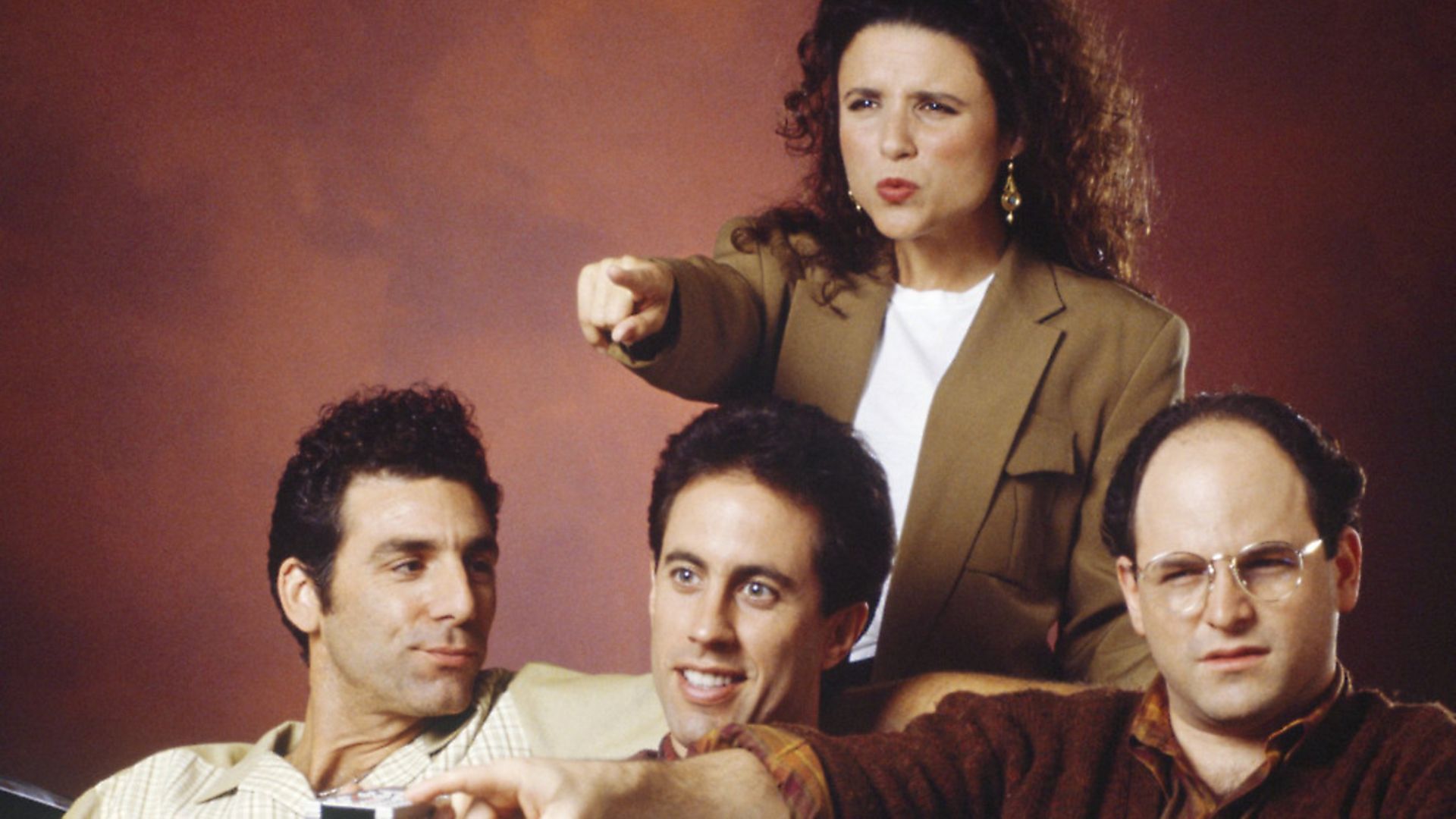
It has a controversial reputation, but lockdown TV should make us re-evaluate the unloved laughter track, says Charlie Watts.
I don’t know about you, but I could do with a laugh at the moment. Any opportunity to watch an entertaining television comedy show could prove the tonic we all need. It might be one of the crucial things to help us see through a very strange period.
However, there is a problem. TV shows and situation comedies are usually broadcast in front of mass audiences, and with this now denied, are the empty chairs and lack of atmosphere going to ruin the experience? ‘Canned laughter’, a divisive and often misunderstood tool, might just help.
The term canned laughter is often attributed to American sound engineer Charley Douglass who devised the technique in the late 1950s.
Audiences are unpredictable, they often laugh at the wrong time and sometimes not at all. Douglass got around this in pre-recorded shows by editing and adjusting the recorded laughter, and by repositioning it in just the right places.
Douglass was keen to perfect the method, and is also credited for creating the ‘Laff Box’ – a device that allowed a collection of recorded reactions to be falsely inserted into a show.
With each press of the button and burst of recorded laughter, audiences at home felt strangely compelled to laugh along. Sophie Scott a professor of neuroscience at UCL, explains that ‘adding laughter to a joke, increases the humour value, no matter how funny or unfunny the joke is’.
Scott and her researchers created an experiment using canned laughter and ‘dad jokes’ to make their point. Famously bad, participants found themselves tittering even at the worst ones.
While Douglass may have pioneered a device to please television executives the world over, however, audiences were slowly becoming aware that the laughter was fake.
Novelist and scriptwriter Michael J. Buchanan-Dunne, suggests that although canned laughter continued to be used through the 1960s and 1970s, ‘[it] did not have enough range to authentically convey such a complex human emotion, therefore when it was used it lacked subtlety, spontaneity, naturalism and quite often logic’.
For a while though the insertion of fake laughter meant writers and producers were guaranteed a response to the material whether it was good or not.
Buchanan-Dunne says that canned laughter is not used any more, despite many (TV critics included) thinking that it still is. A 30-minute comedy show with a live audience takes hours to be recorded, and the audience is worked hard for their reaction. If anything ends up sounding false these days it is simply because of audience exhaustion. Many shows are recorded ‘as-live’, to be slightly edited and honed for broadcast later. This can lead to a slightly unnatural quality in the sound of the laughs that begin or cut off at the right moment, with everyone laughing perfectly in unison. The original intention of Douglass, with precise sound manipulation, lives on.
Channel 4 show, The Last Leg, a live comedy show that dares to find laughs from weekly topical events, was one of the first to brave the new territory of playing to an empty audience.
It’s difficult getting laughs from the pandemic, but The Last Leg gave it their best shot and made a Laff Box a very visible part of the show.
With host Adam Hill in charge of a series of buttons assigned to laughs, clapping, groans, and cricket sounds, for any jokes that fell flat. It felt like business as usual with laughs a plenty – even when jokes were met with the cricket sounds.
The same cannot be said for the BBC show Have I Got News For You, which felt lost. Without the fullness of audience participation, the topical news quiz show comes across as little more than a celebrity video conference.
They’ve had little choice but to put the show on in isolation and it doesn’t matter how charismatic the host, it could do with something extra to help it fare better.
If recorded laughter is indeed going to return temporarily to our screens, it’s an unenviable choice facing programme producers whether to use it or not. Whatever the case, present circumstances mean we are going to need entertaining shows, and we’re going to need laughter, real or canned.
Charlie Watts is a principal lecturer at the University of Portsmouth; this article also appears at theconversation.com









